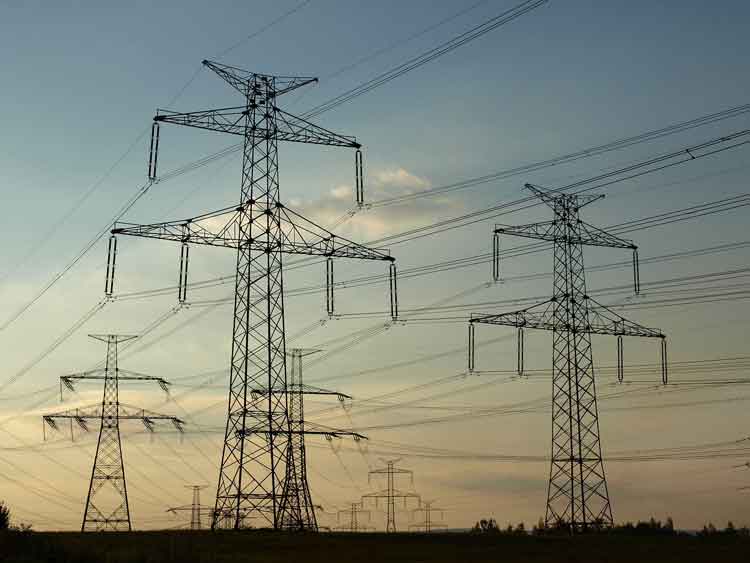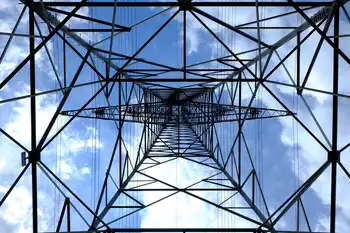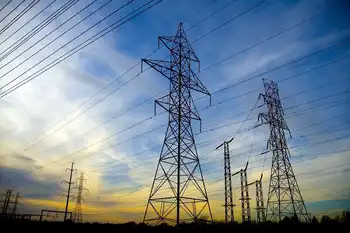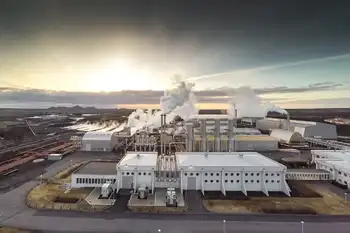Business, environmental groups oppose power plant
The South Carolina Small Business Chamber of Commerce and the state Wildlife Federation said at a news conference that Santee Cooper has no outside body to oversee its operations the way the Public Service Commission regulates investor-owned utilities.
Officials from the two organizations asked Gov. Mark Sanford and the other four members of the Santee Cooper Advisory Board to review the company's plan for a $1.25 billion coal-fired power plant along the Great Pee Dee River. Also on the board are the attorney general, the secretary of state, the comptroller general and the state treasurer. All are elected constitutional officers.
The company said it needs the 600-megawatt generator to meet growing demand for electricity that its current plants won't be able to provide as early as 2013. Santee Cooper is planning a new nuclear reactor with investor-owned utility South Carolina Electric & Gas, but the earliest the plant could be online is 2016.
Opponents of the Florence County plant, including officials from the chamber and Wildlife Federation, say coal-fired plants are expensive, outdated and cause too much pollution. Dozens of South Carolina's waterways already are under fish-consumption advisories because of high levels of mercury, which is released by coal-fired plants.
"There are cheaper and more healthy ways of getting us to" the time when the nuclear plant starts producing power, said Frank Knapp Jr., president of the South Carolina Small Business Chamber of Commerce. "We're talking about spending billions and billions of dollars on an old-type technology that is guaranteed... to pollute."
Knapp said Santee Cooper should spend more of its effort on energy conservation and alternative forms of energy, such as a solar and wind power.
Sanford spokesman Joel Sawyer said the governor has not participated in any meeting of the Santee Cooper Advisory Board and didn't even know the board existed until the two organizations brought it up.
Sawyer said Sanford has not taken a position on the coal-fired plant, which is still awaiting permits from the state Department of Health and Environmental Control.
"We do have some concerns about it," Sawyer said. "We realize there's a need for future generating capacity... but we're not sure this is the best way to bridge the gap."
Sanford appoints the members of Santee Cooper's governing board with the approval of the Senate. But Sawyer said legislation passed three years ago inhibits the governor's ability to replace those board members before the end of their seven-year terms. That 11-member board sets the utility's rates.
Knapp said small businesses are concerned about the utility's plan to raise its rates in the coming year and said the company should have to go through an independent review process like the one investor-owned utilities go through.
"We would rather have Santee Cooper fall under the purview of the Public Service Commission," Knapp said. "An objective organization that's not part of Santee Cooper needs to review it."
Company spokeswoman Laura Varn said Santee Cooper is planning to increase its rates next year, but that would be the first increase since 1996. The rate review process includes a series of public hearings, but ultimately, the Santee Cooper board decides how much to charge customers.
Santee Cooper is the state's largest power producer and sells electricity directly to more than 163,000 customers in Berkeley, Georgetown and Horry counties. The company also provides power to the state's 20 electric cooperatives that in turn sell the electricity to more than 700,000 customers in all 46 counties.
Related News

Trump's Proposal to Control Ukraine's Nuclear Plants Sparks Controversy
KYIV - In a recent phone call with Ukrainian President Volodymyr Zelenskyy, U.S. President Donald Trump proposed that the United States take control of Ukraine's nuclear power plants, including the Zaporizhzhia Nuclear Power Plant (ZNPP), which has been under Russian occupation since early in the war. Trump suggested that American ownership of these plants could be the best protection for their infrastructure and that the U.S. could assist in running them with its electricity and utility expertise.
Ukrainian Response
President Zelenskyy promptly addressed Trump's proposal, stating that while the conversation focused on the ZNPP, the issue of ownership was not…





